This month, we’re excited to introduce two works that explore social intricacies from two respective angles: the familial and the technological. From the Italian, lauded modernist Natalian Ginzburg’s most recent English-language work plumbs into the combustive conflicts within a family unit to reveal the complex moralism within our most intimate relationships. From the Korean, science fiction author Djuna conjures a thrilling tale of how corporate politics and advancement colonises upon human identity. Read on to find out more!
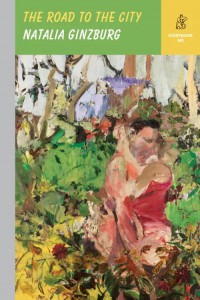
The Road to the City by Natalia Ginzburg, translated from the Italian by Gini Alhadeff, New Directions, 2023
Review by Catherine Xinxin Yu, Assistant Director of Outreach
Seventeen-year-old Delia is a frivolous beauty with neither talent nor sense. Her hobby is to get dolled up in her blue dress, take the dusty road to the city, and stroll around, admiring its affluence. Seeking to escape from the drabness of her townish family, she thought a bright future had beamed on her when a rich doctor’s son began pursuing her, but little did she know that it was an abyss, instead, that beckoned.
The Road to the City is Italian novelist Natalia Ginzburg’s earliest published work, written in 1941 and published in 1942. At the time, she had been sent into internal exile to a village in Abruzzo for her husband’s anti-Fascist activities. Missing her home city of Turin while developing close ties to the locals in Abruzzo, she blended the places and people from memory and real life to craft this nuanced novella, with a snappy style that “[her] mother might like”.
Ginzburg has an incredible talent for depicting explosive clashes within families, integrating insight and humour into her narrative. English readers might already be familiar with her voice through Family Lexicon, her autobiographical novel published in 1963, and in The Road to the City, we see her burgeoning style with same pithy descriptions and wry comedy, surgically precise choice of scenes and voices, refrains of familial sayings as inside jokes and memory triggers, and nuanced character sketches that highlight their contradictions and moral ambiguity. But unlike Ginzburg’s own family, which is soldered with love and a common cause against fascism, The Road to the City traces how a family splinters into pieces from collective shame and spite.

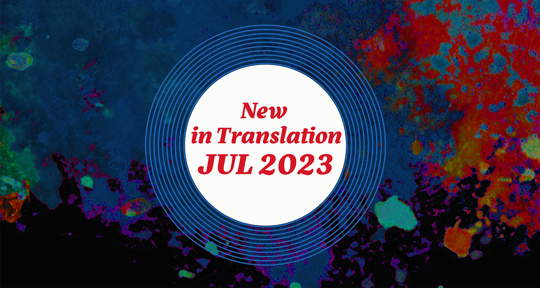

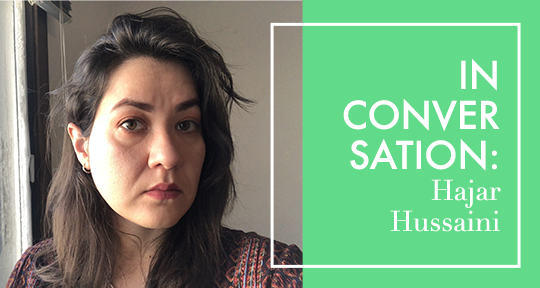
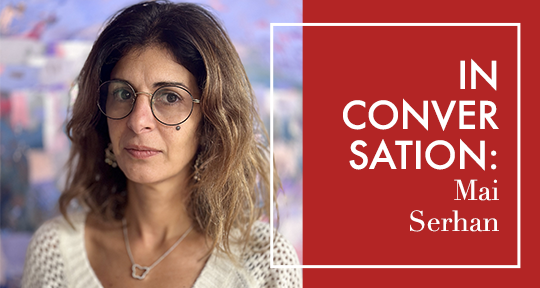
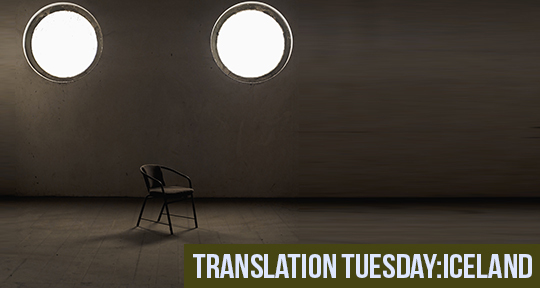
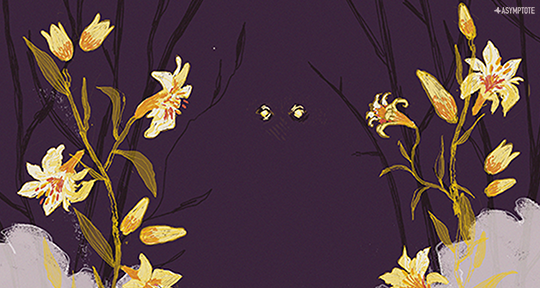
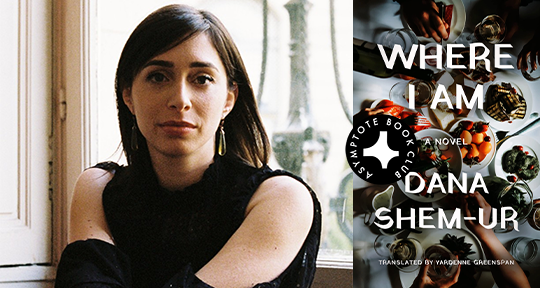
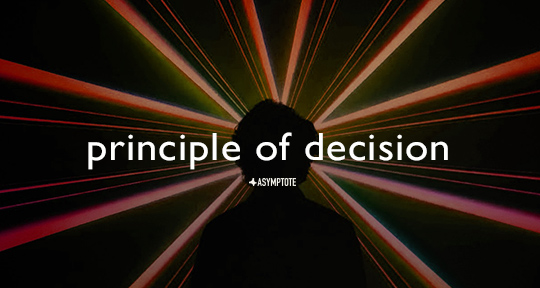
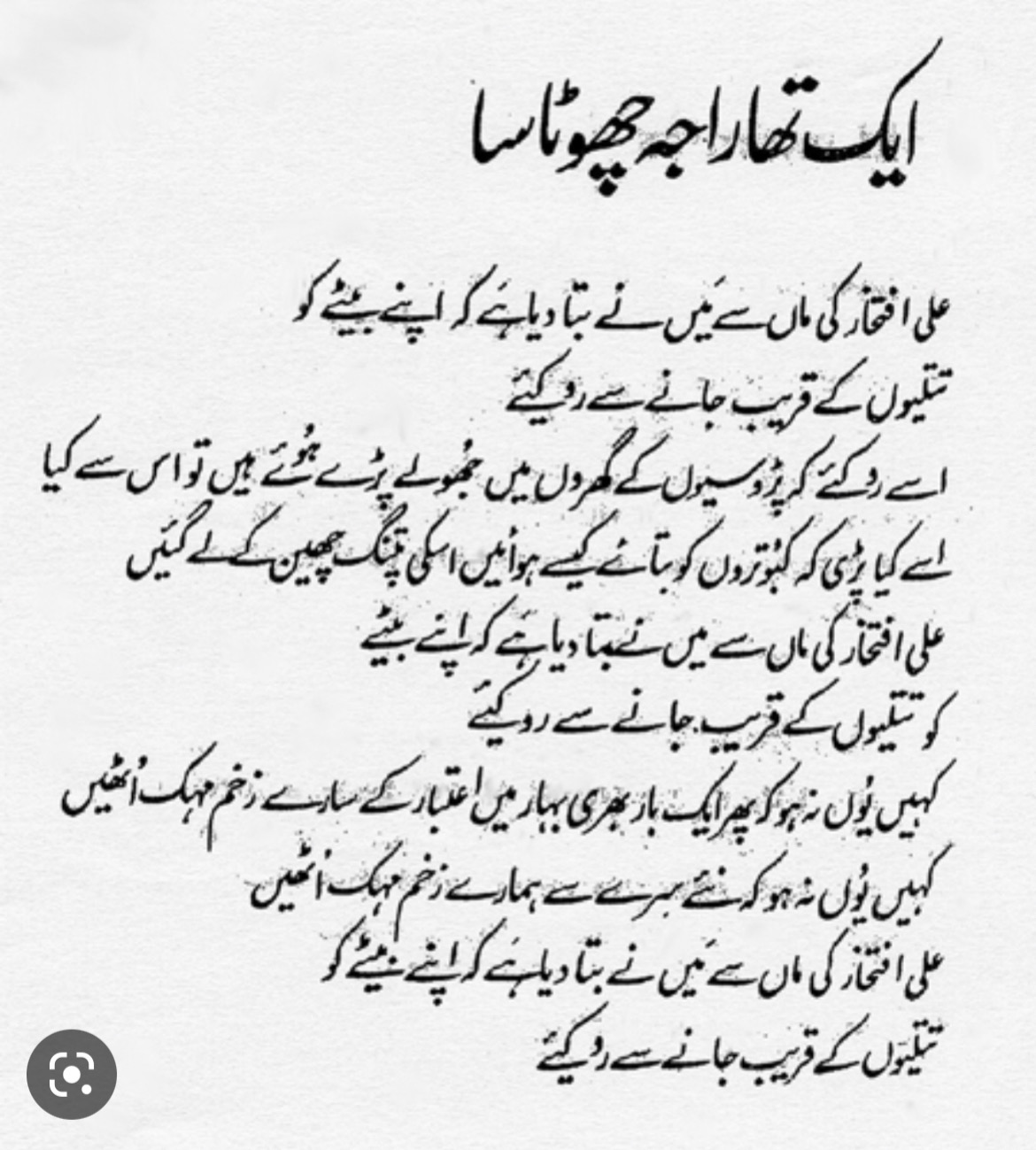
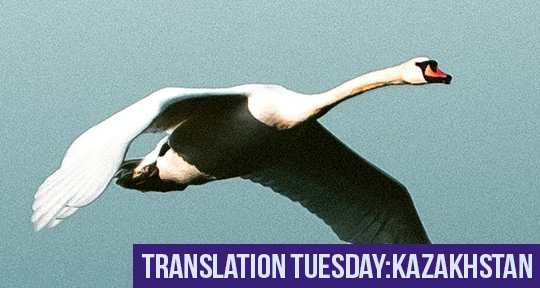
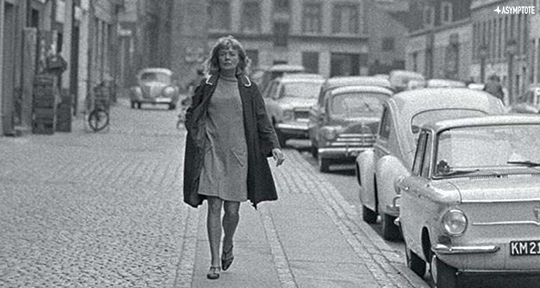
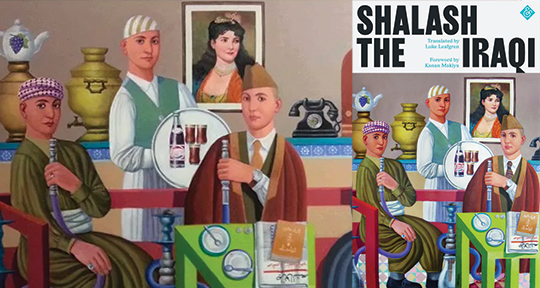
A Pointed Atemporality: Mui Poopoksakul on Translating Saneh Sangsuk’s Venom
He's very aware of the rhythm and musicality of this text . . . he said it should take something like an hour and thirty-seven minutes to read.
In our May Book Club selection, a young boy struggles with a snake in the fictional village of Praeknamdang, in a tense battle between beauty and cruelty. In poetic language that is nostalgic for the world it describes without romanticizing it, Saneh Sangsuk creates a complex and captivating world. In this fable-like story there are no simple morals, in keeping with Sangsuk’s resistance to efforts to depict a sanitized view of Thailand and to the idea that the purpose of literature is to create a path to social change. In this interview with translator Mui Poopoksakul, we discuss the role of nature in the text, translating meticulous prose, and the politics of literary criticism.
The Asymptote Book Club aspires to bring the best in translated fiction every month to readers around the world. You can sign up to receive next month’s selection on our website for as little as USD20 per book; once you’re a member, join our Facebook group for exclusive book club discussions and receive invitations to our members-only Zoom interviews with the author or the translator of each title.
Barbara Halla (BH): How did you get into translation, especially given your law background?
Mui Poopoksakul (MP): I actually studied comparative literature as an undergrad, and then in my early twenties, like a lot of people who study the humanities, I felt a little bit like, “Oh, I need to get a ‘real job.’” I went to law school, and I worked at a law firm for about five years, and I liked that job just fine, but it just wasn’t what I wanted to do for the rest of my life.
So, I started thinking, What should I be doing? What do I want to do with myself? I had always wanted to do something in the literary field but didn’t quite have the courage, and I realized that not a lot of Thai literature been translated. I thought, If I can just get one book out, that would be really amazing. So, I went back to grad school. I did an MA in Cultural Translation at the American University of Paris, and The Sad Part Was was my thesis from that program. Because I had done it as my thesis, I felt like I was translating it for something. I wasn’t just producing a sample that might go nowhere.
The whole field was all new to me, so I didn’t know how anything worked. I didn’t even know how many pages a translation sample should be. But then I ended up not having to worry about that because I did the book as my thesis.
BH: You mentioned even just one book, but did you have any authors in mind? Was Saneh Sangsuk one of those authors in your ideal roster?
MP: I wouldn’t say I had a roster, but I did have one author in mind and that was Prabda Yoon, and that really helped me get started, because I wasn’t getting into the field thinking, “I want to translate.” My thought was, “I want to translate this book.” I think that helped me a lot, having a more concrete goal.
READ MORE…
Contributor:- Barbara Halla
; Languages: - English
, - Thai
; Place: - Thailand
; Writers: - Mui Poopoksakul
, - Prabda Yoon
, - Saneh Sangsuk
; Tags: - Deep Vellum
, - environmentalism
, - literary criticism
, - nature
, - nature in storytelling
, - pacing
, - pacing in translation
, - Peirene
, - respect for nature
, - rhythm
, - rhythm in translation
, - social commentary
, - storytelling
, - Thai literature